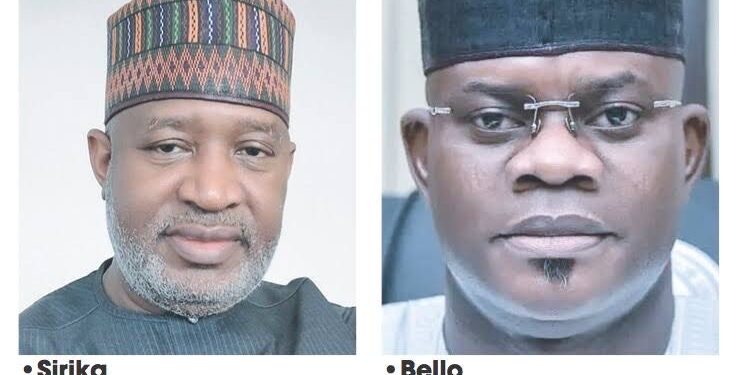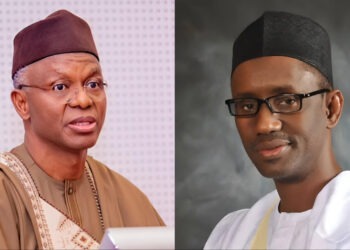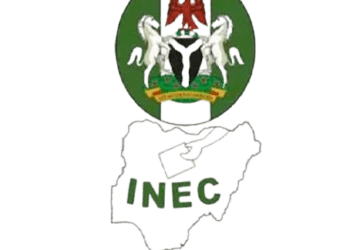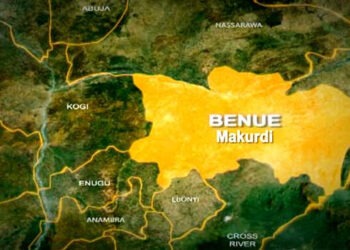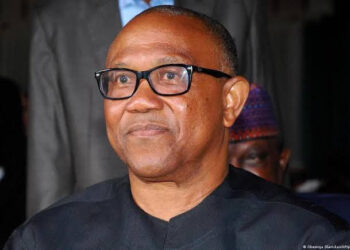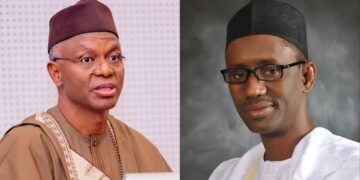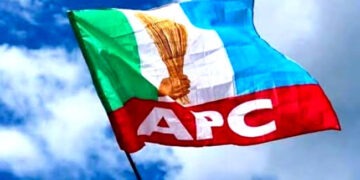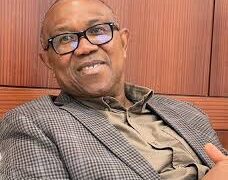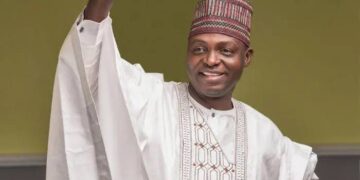By: Nwakaji Peace Martins
Three years ahead of Nigeria’s forthcoming election cycle, a feeble opposition to the ruling party, the All Progressives Congress (APC), challenges the principles of the multi-party democracy practiced in the country.
As a result, concerns are escalating regarding the potential transition of Nigeria towards a one-party state due to the perceived stagnation of the opposition and the increasing trend of defections to the ruling party.
According to political analysts, the lack of a robust, purposeful, and coordinated opposition to the Federal Government led by the APC is a significant deficiency in Nigeria’s political system.
Experts argue that this situation signifies a troubling deviation from the traditional role of the opposition in a democratic society. This role entails holding the ruling party accountable by critiquing flawed government policies and offering alternative solutions to national issues. Many believe that opposition parties, especially the primary opposition party, the Peoples Democratic Party (PDP), are deliberately or externally induced into a state of paralysis to hinder them from providing effective opposition to the APC.
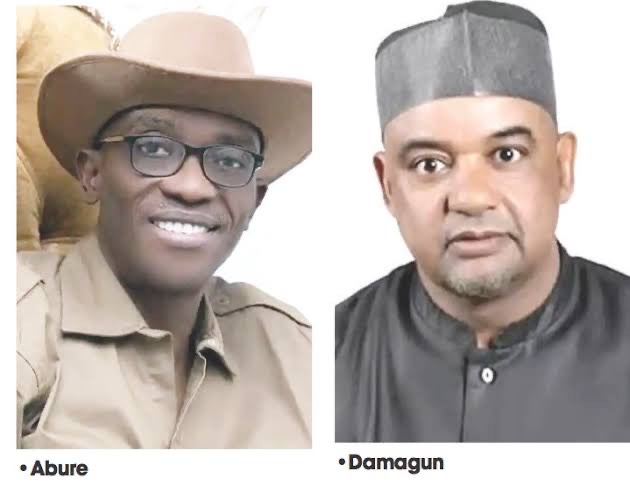
Apart from the aggressive opposition in the First Republic, Nigeria last witnessed a strong and united opposition during the buildup to the 2015 presidential election when several minor opposition parties amalgamated with the Action Congress of Nigeria (ACN) under Tinubu to form the APC, which then ousted the PDP from power.
In the First Republic, Chief Obafemi Awolowo and his Action Group, AG, and Mallam Aminu Kano’s Northern Elements Progressive Union (NEPU) consistently challenged the NPC/NCNC-led coalition government of Dr. Nnamdi Azikiwe and Sir Tafawa Belewa. The AG, with its continuous criticism of the central government, functioned almost like a shadow government, offering an alternative governance model.
Similarly, in the lead-up to the 1964 federal elections, a coalition of opposition parties known as the United Progressives Alliance (UPGA) contested the elections and significantly weakened the NPC and its allied parties.
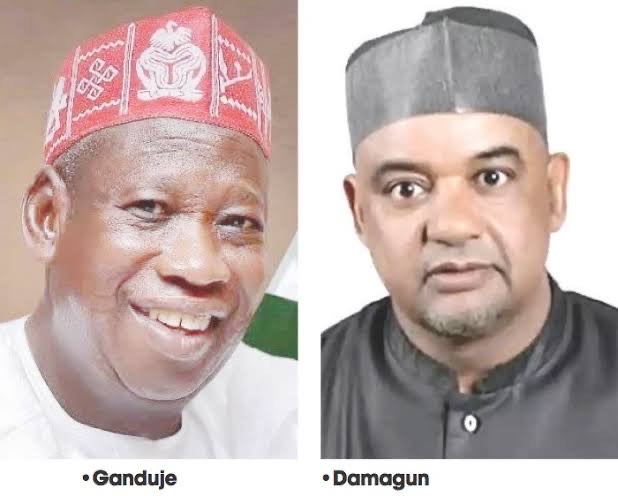
During the Second Republic, the opposition led by Chief Awolowo of the Unity Party of Nigeria (UPN) vigorously opposed the ruling National Party of Nigeria (NPN), consistently proving government policies wrong and suggesting alternative measures. Despite the presence of Zik and his Nigerian Peoples Party (NPP) in alliance with the NPN, Malam Aminu Kano, leader of the PRP, and Alhaji Ibrahim Waziri of the GNPP, all opposition leaders, staunchly confronted the ruling party.
However, the current opposition landscape portrays a scenario of a body in the throes of an inevitable decline. Since the inception of the Tinubu administration, opposition parties, particularly the former ruling party, the PDP, have been plagued by waves of defections, with virtually all defectors joining the APC. Analysts warn that this unsettling trend raises concerns about Nigeria’s gradual drift towards a one-party state.
Despite the unpopularity of a one-party system, certain APC leaders are already optimistic about the prospect. For instance, upon welcoming former Deputy National Chairman of the PDP, Shauibu Oyedokun, and other PDP chieftains in Osun State into the APC, Minister for Marine and Blue Economy and former Governor of the state, Adegbeyoga Oyetola, declared the PDP defunct in Osun. Similarly, the Governor of Ebonyi State, Francis Nwifuru, emboldened by the influx of PDP leaders to the APC in the state, advocated for a one-party system within the state.
In states where the APC holds sway, the opposition’s voices that should provide checks and balances to the governors are either feeble or entirely absent, as key opposition figures have either resigned from their parties or defected to the APC.
In Imo State, Governor Hope Uzodimma is enjoying a smooth tenure with minimal opposition in the state, as significant opposition figures have either resigned or defected to the ruling party. A prominent PDP member in the state expressed concerns about the party’s weakened state and its diminishing influence.
The resignation of prominent PDP members in Imo State, including former Governor and Deputy Speaker of the House of Representatives, Rt. Hon. Emeka Ihedioha has triggered a chain of resignations from other party stalwarts, emphasizing the party’s internal crisis and paralysis. This mass exodus of members reflects the PDP’s weakened state and raises questions about its ability to effectively oppose the ruling party.
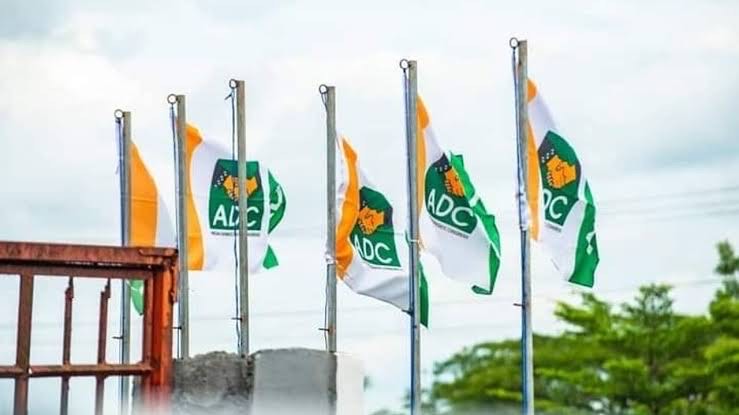
Ironically, Ihedioha cited the PDP’s failure to offer robust opposition to the APC as a driving factor behind his decision to exit the party. Many Nigerians are puzzled by the perceived lack of opposition from the PDP and other opposition parties towards the APC and the Tinubu administration. Instead of robust opposition, occasional criticisms of the Tinubu government come from presidential candidates of the PDP and the Labour Party in the previous election, Atiku Abubakar and Peter Obi. The once vibrant PDP Governors’ Forum, which stood against former President Muhammadu Buhari’s government, now appears subdued and compliant.
The deliberate or financially motivated self-sabotage of the opposition, aimed at facilitating a one-party arrangement that favors the APC’s unopposed victory in the 2027 elections, remains a complex issue. The alleged strategic deal between the APC and opposition governors, where the latter refrains from offering opposition to the president’s policies, further complicates the political landscape. However, the eventual fate of the president in 2027 will be determined by his performance in steering Nigeria out of the prevailing economic challenges.
Apart from the alleged pact, the inertia of the PDP as a major opposition party and the internal crises in some state chapters, possibly orchestrated by the APC, is weakening the party and rendering it ineffective ahead of the 2027 elections. The Minister for FCT and former Governor of River State, Nyesom Wike, has been accused of undermining the PDP’s interests due to his dissatisfaction with the party’s decision not to grant him its 2023 presidential ticket.
The political feud between Wike and his successor, Governor Siminalayi Fubara, in River State is seen as an intentional act of sabotage against the PDP. Observers believe that Wike’s dual allegiance to the APC and PDP is a strategic move to maintain control over both parties in the state while preventing his political rivals in the APC from defecting to the PDP.
Looking towards 2027, President Tinubu’s strategists have advised him to leverage the political crisis in River State to his advantage by refraining from declaring a state of emergency, thereby maintaining a delicate balance in his relationship with Wike and Fubara. This approach aims to keep both leaders indebted to the president for different reasons, ensuring their support in the upcoming elections.
Regarding the Labour Party, internal divisions and conflicts, allegedly instigated by the APC to weaken Peter Obi’s political base, are threatening the party’s unity and cohesion. The emergence of a purported factional ward executive in Obi’s community to expel him from the party further exacerbates the party’s disintegration.
Meanwhile, the Northern Youth Leaders Forum (NYLF) has accused PDP leaders, particularly the Acting National Chairman, Ambassador Ilya Umar Damagun, of colluding with the APC to promote a one-party system in Nigeria. The NYLF lamented the PDP’s failure to offer constructive criticisms against the Tinubu administration’s policies, highlighting the absence of effective opposition leadership within the party.
Chief Chekwas Okorie, a seasoned political figure, reassures that Nigeria’s diverse and complex nature makes a one-party state unlikely. He attributes the current opposition paralysis to systemic electoral flaws and the absence of ideologically driven political parties.


